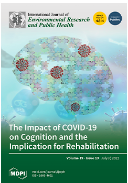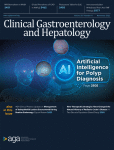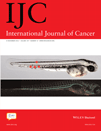Frequency, Types, and Manifestations of Partner Sexual Violence, Non-Partner Sexual Violence and Sexual Harassment: A Population Study in Spain
Background: This study analyzes the frequency and sociodemographic characteristics associated with sexual violence by a partner/ex-partner (PSV), someone other than a partner or ex-partner (NPSV), or sexual harassment (SH). Methods: The study is based on the 2019 Macro-survey of Violence against Women conducted by the Spanish Ministry of Equality among a sample of 9568 women…












